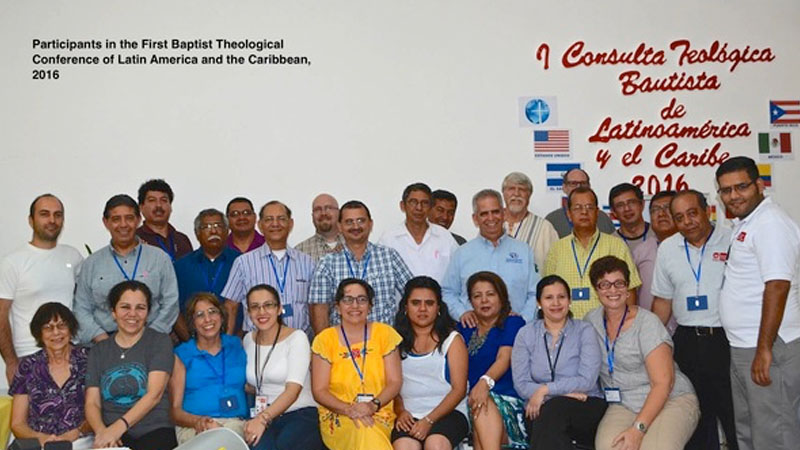| We decided that some far-reaching changes are needed, and listened with excitement to some of the innovative programs being implemented. No one would deny the need for a pastor to study the Bible, preaching, Christian education, theology, etc. But the world is in crisis, and somehow those studies need to prepare a pastor to take leadership to help the church respond to migrations, climate change, despair, injustice, desperate poverty, and diversity of cultures, religions, values. We must teach our seminarians to make the connections between profound biblical truths and human realities, to see how God is working in the world, so that they can show those connections to their churches.
We affirmed the central importance of a holistic spirituality: a profound personal relationship with a God who is Lord of all the earth, who cares about people’s health, material well being, relationships with others, harmony among different groups, and the creation. Nothing new for American Baptists, but often we fall short of living out that holistic vision.
A pastor, we decided, must first and foremost be a person who loves God. Several seminaries take this seriously by offering courses in spirituality and self-care, others in conflict resolution skills. Some teach non-hierarchical models of leadership, urgently needed in this region of the world where pastors are declaring themselves “apostles” and “prophets” with absolute control over their congregations. Parallel to this are Baptist principles of the priesthood of all believers and soul freedom. We talked about the need to support women in ministry.
A number of seminaries are recognizing that the traditional model of seminarians living on campus for 3-4 years as full time students is no longer viable. They are offering online courses, distance courses with learning modules, and in many cases, professors who travel to where the students are and meet with them evenings and weekends. In Bolivia, the seminary extension program provides a tablet to each student with the study materials as text, as video, and as spoken word. The farmer can listen to his text while he plows and the artist while she weaves. |
